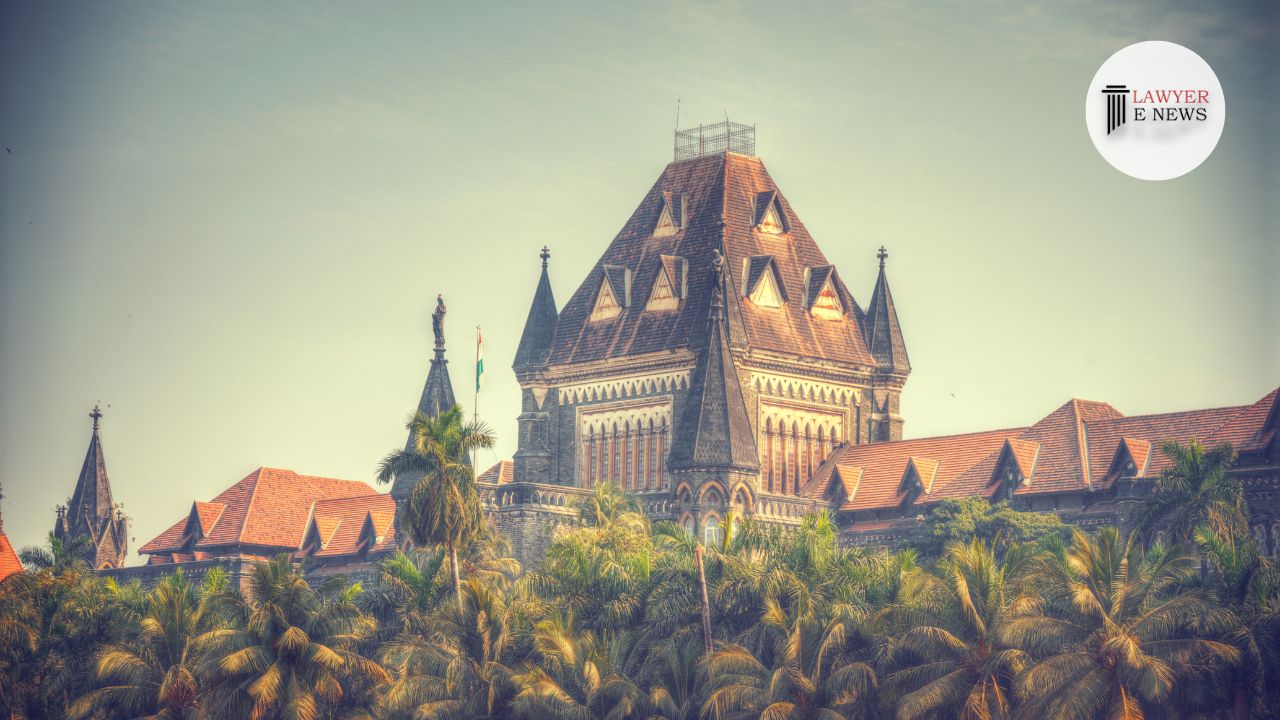-
by Admin
15 February 2026 5:35 AM



Bombay High Court affirms cancellation of earthquake affected person certificate due to invalid adoption deed.
The Bombay High Court has upheld the cancellation of an Earthquake Affected Person certificate issued to Fulchand s/o Shankar Pawar, also known as Fulchand s/o Lalu Jadhav. The judgment, delivered by a bench comprising Justices Ravindra V. Ghuge and Y. G. Khobragade, emphasized the importance of adhering to the legal stipulations of the Hindu Adoption and Maintenance Act, 1956, and scrutinizing the authenticity of claims made under special categories for government job reservations.
Fulchand Pawar, a 29-year-old student, was initially issued an Earthquake Affected Person certificate based on an adoption deed and subsequent compromise decree. His biological parents had allegedly given him in adoption to Lalu Shivram Jadhav and Narsabai Lalu Jadhav. This adoption was formalized by a registered deed on April 18, 2022, followed by a legal dispute and a compromise decree from the Civil Judge Senior Division, Nilanga. Fulchand used this certificate to apply for a reserved position as a Police Constable in the State Reserved Police.
The court scrutinized the adoption deed, highlighting a critical non-compliance with Section 10(iv) of the Hindu Adoption and Maintenance Act, 1956, which stipulates that the adoptee must be under 15 years of age unless a specific custom allows otherwise. Fulchand was 27 years old at the time of the adoption, rendering the adoption deed legally invalid.
The bench observed that the compromise decree, obtained swiftly within a span of 14 days post-adoption deed, was suspicious. The speed and circumstances of the decree indicated a potential manipulation aimed at securing a government job under the earthquake affected person category
The court noted the guidelines issued by the Latur Collector to prevent fraudulent claims under the Earthquake Affected Persons category. These guidelines were framed to ensure that certificates are issued only after thorough verification of adoption claims, particularly in light of rampant fraudulent practices identified by the authorities.
The judgment emphasized that adherence to the Hindu Adoption and Maintenance Act is crucial for validating any adoption. The bench highlighted that an adoption made outside the legal framework cannot be recognized for the benefits and privileges meant for genuinely affected persons. The swift legal proceedings leading to the compromise decree further suggested an attempt to circumvent the established legal processes.
Justice Y. G. Khobragade stated, "The use of the adoption deed and the compromise decree in such a short span raises significant doubts about the intent behind these actions. Legal safeguards are in place to prevent such misuse and to protect the integrity of the reservation system".
The Bombay High Court's judgment underscores the judiciary's commitment to upholding legal integrity and preventing misuse of reserved categories in government jobs. By affirming the cancellation of Fulchand's certificate, the court has reinforced the importance of genuine adherence to legal stipulations for adoptions and reservations. This decision is likely to set a precedent for stricter scrutiny of similar claims in the future.
Date of Decision: July 9, 2024
Fulchand vs. The State of Maharashtra & Ors.
